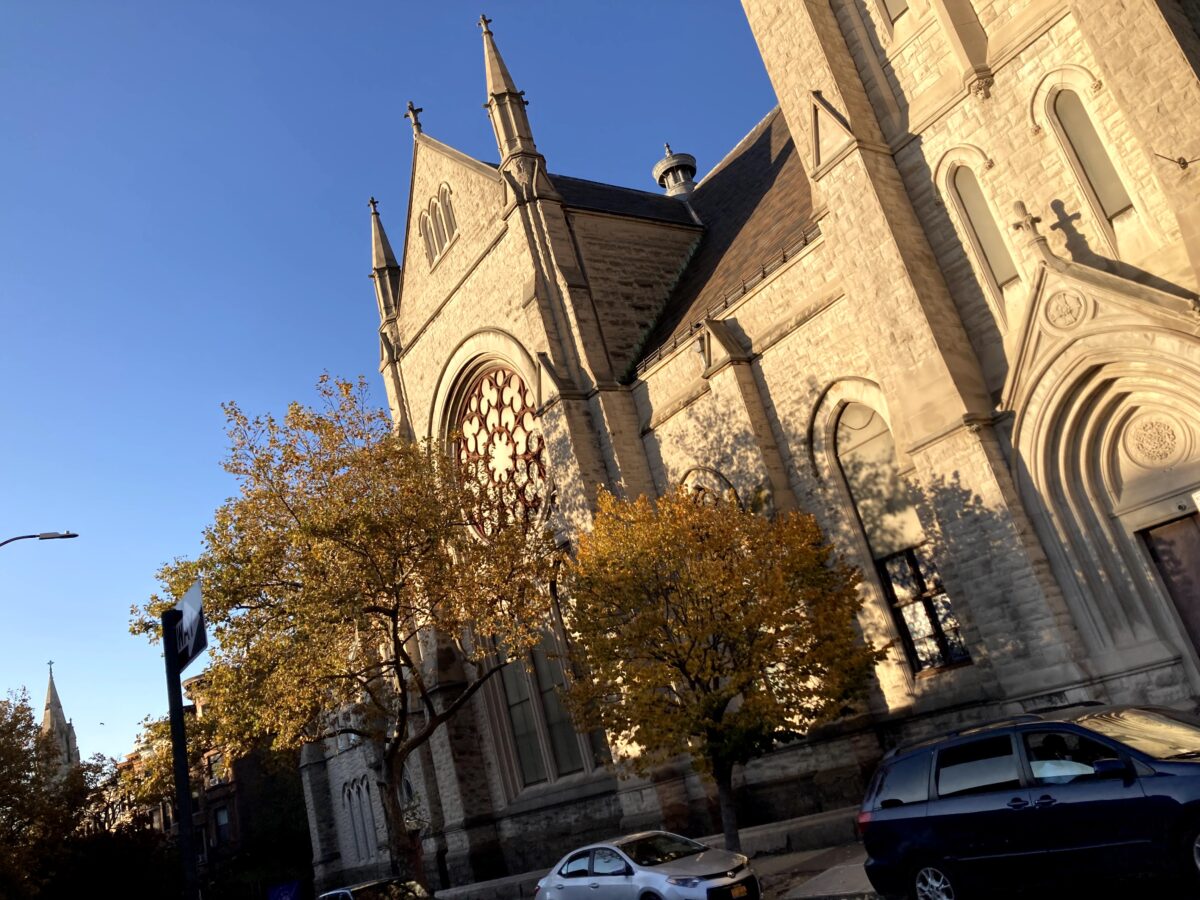September 23, 2022
It’s okay to need people, and it’s okay not to need people

One school of thought tells performers that it’s just as important to spend time hanging out in the venues when they’re not performing.
That’s how they learn from other acts, get to know the old timers, do important networking with industry professionals and create a sense of community with other artists.
Once their individual act is over, the work is only beginning. The real ideas, relationships and careers are made after the show itself.
Sounds romantic, doesn’t it? Like one of those smokey salons from the roaring twenties.
However, there is an opposing school of thought that goes more like this.
Show up, do your spot, and leave. Go home and get cracking on your next one. Because you won’t make any new art sitting at the bar having beers with the competition.
Cleary, this approach is less social and more workmanlike. There’s no messing around. It’s all business. There’s a far deeper focus and stronger sense of boundaries around the creative process.
And to some people, this might appear cold and superficial. Then again, it all depends on your personality and life situation.
If you’re introverted or a person with low affiliation needs, then maybe the performance itself is enough for you to scratch that itch. Hanging out at the venue for another two hours after the show isn’t a source of meaning for your life.
Or what if you’re working a full time job and want to spend time with your family so you can wake up early tomorrow? Then you simply won’t have the time to stick around after the show.
Get in, get out. There’s nothing wrong with that.
Seinfeld is an example of the second school of thought. He may have performed at hundreds of comedy clubs over the past fifty years, but he didn’t spend a lot of time hanging out there. He wasn’t built like that.
Jerry once said in an insightful interview how he never wanted to be the type of broken winged bird that comedy club owners wanted to have in their little chicken coop of dysfunction in those days. The whole reason he wanted to be a standup comic is because he wanted to say to himself and to the world:
I don’t need you. I can do this myself.
He was too busy writing the next joke to hang out after the show.
Which of these approaches most appeals to you? Do you see the value in both of them?
Early in my career, hanging out with other writers and public speakers was crucial for me. It made me feel significantly less alone in an otherwise isolating profession. Attending networking events, monthly chapter meetings and annual conferences buoyed my spirits for years.
But at a certain point, those events reached a point of diminishing returns. My time was better spent doing the actual work of being an artist and entrepreneur, i.e., creating things and getting them out into the world.
Plus, I realized that there were only a dozen or so colleagues that I actually wanted to spend time with anyway. And so, we all started getting together individually throughout the year.
Which was more fulfilling and less expensive than flying out to some remote hotel in the middle of the desert for an exhausting conference where you eat bad food and lie to strangers about how well you’re doing.
The point is, it’s okay to need people, and it’s okay not to need people.
Each artist must figure out the degree to which a social component plays a role in their creative process.
Some prefer to stick around for the after party, some prefer to get off stage and get on with their lives.
There’s no right or wrong answer. Hell, it will probably change over the arc of your career.
If you’re still around, that is.
Can you do your work on your own, or do you need a community?

